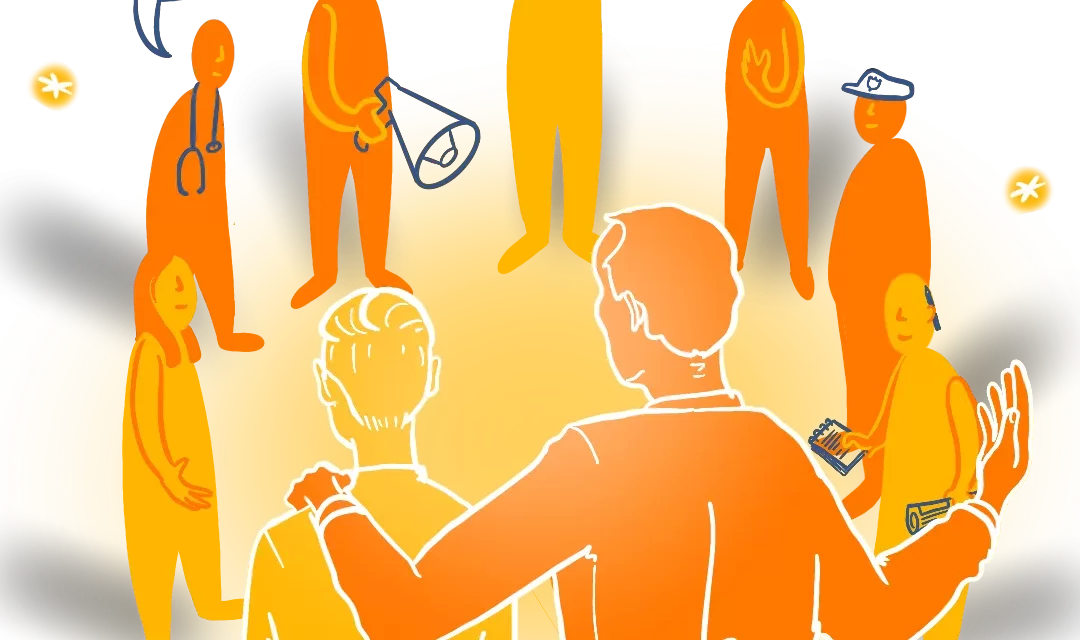The tragic case of a father-son duo in Mumbai who took their own lives has once again brought to light the alarming issue of suicide in India. Experts have identified suicide as the largest public health crisis affecting both the young and old in the country.
Alarming Statistics
India holds the unfortunate record for the highest number of suicides globally. According to a report by the National Crime Records Bureau (NCRB) released in April, 171,000 people died by suicide in India in 2022. The suicide rate has surged to 12.4 per 100,000 people—the highest ever recorded in the nation.
Underlying Causes
Health experts emphasize that depression is a primary driver of suicide. This mental illness can be genetic or triggered by various stressors. Rajiv Mehta, Vice Chairperson at the Institute of Psychiatry and Behavioral Science, Sir Ganga Ram Hospital, New Delhi, stated, “The most common underlying reason for suicide is depression, which in layman’s terms we call stress. It can also be due to impulsiveness or other factors, but the majority are because of depression.”
Mehta highlighted common life stressors such as work, finances, relationships, and health. “These are the four common areas where the ups and downs in life can produce stress. When stress becomes severe, it can develop into anxiety and depression, leading to suicide,” he explained.
Research indicates that 50 to 90 percent of individuals who die by suicide suffer from mental illnesses such as depression, anxiety, and bipolar disorder.
The Broader Crisis
“Today, suicide is the largest public health crisis facing India. It is the leading cause of death among youth,” said Shyam Bhat, Psychiatrist and Chairperson of LiveLoveLaugh. He noted that suicide can occur impulsively during periods of extreme stress, particularly among those struggling with financial difficulties, medical conditions, or personal loss. Loneliness and isolation are also significant risk factors.
Shambhavi Jaiman, Consultant Psychiatrist at Fortis Memorial Research Institute, Gurugram, expressed concern over the rising trend of suicide in India. She cited economic stress, unemployment, financial instability, debt, family conflicts, and marital discord as contributing factors leading to hopelessness and despair.
Breaking the Silence
Despite the prevalence of suicide, discussions about it are often shrouded in stigma and fear. This silence only adds to the problem. Shyam Bhat called for offering genuine support without judgment or unsolicited advice to those in distress and helping them seek professional guidance. “If you notice someone feeling depressed or down, encourage them. Offer support in helping them connect with a mental health professional who can provide perspective and guidance,” he advised.
Moving Forward
Addressing this crisis requires a multi-faceted approach, including increasing mental health awareness, providing better access to mental health services, and reducing the stigma associated with mental illness and suicide. It is crucial for society to create an environment where individuals feel safe to seek help and discuss their struggles openly.
As India grapples with this escalating public health crisis, it is imperative for both the government and the community to take proactive steps to support mental health and prevent further tragedies.











